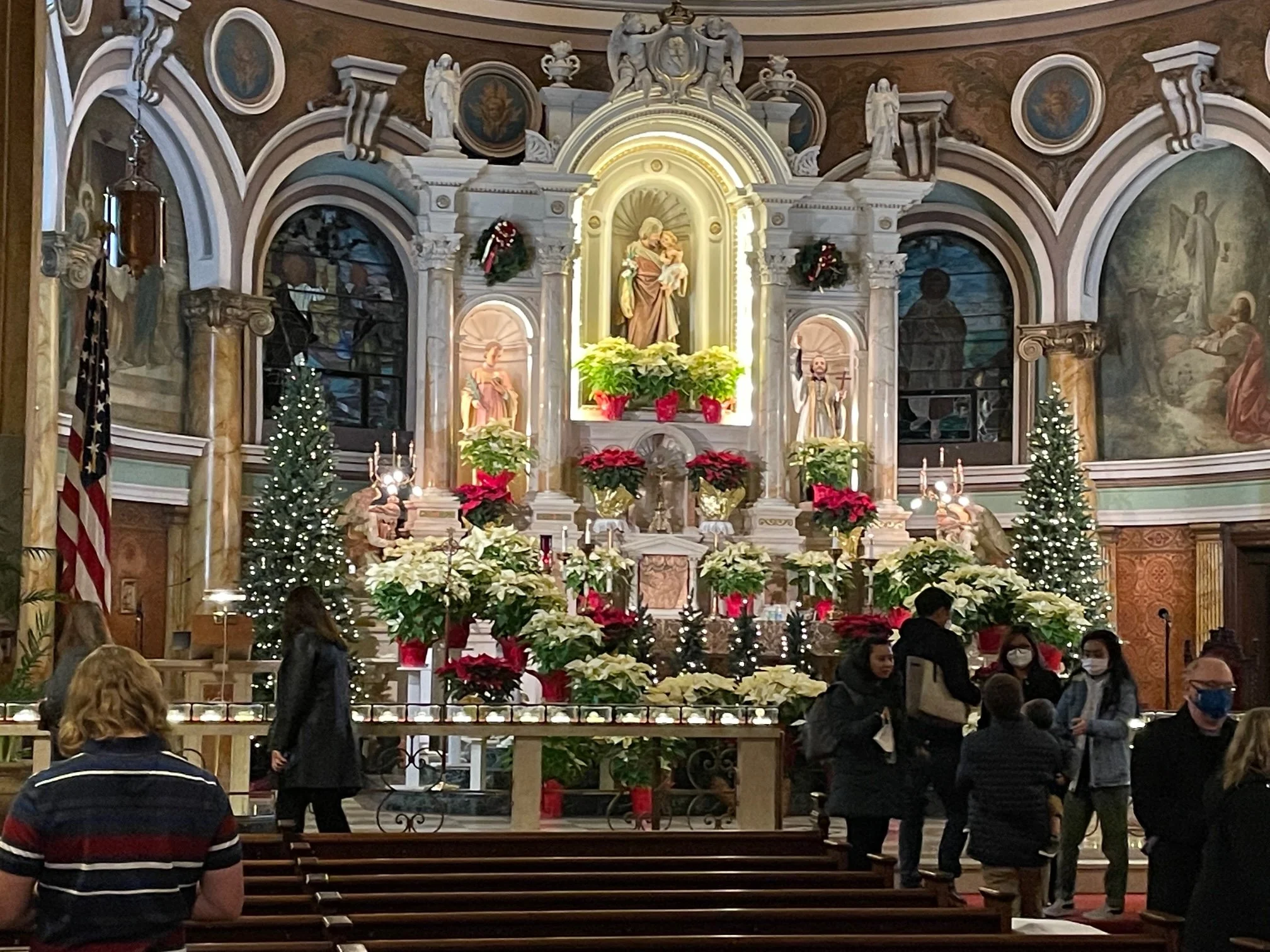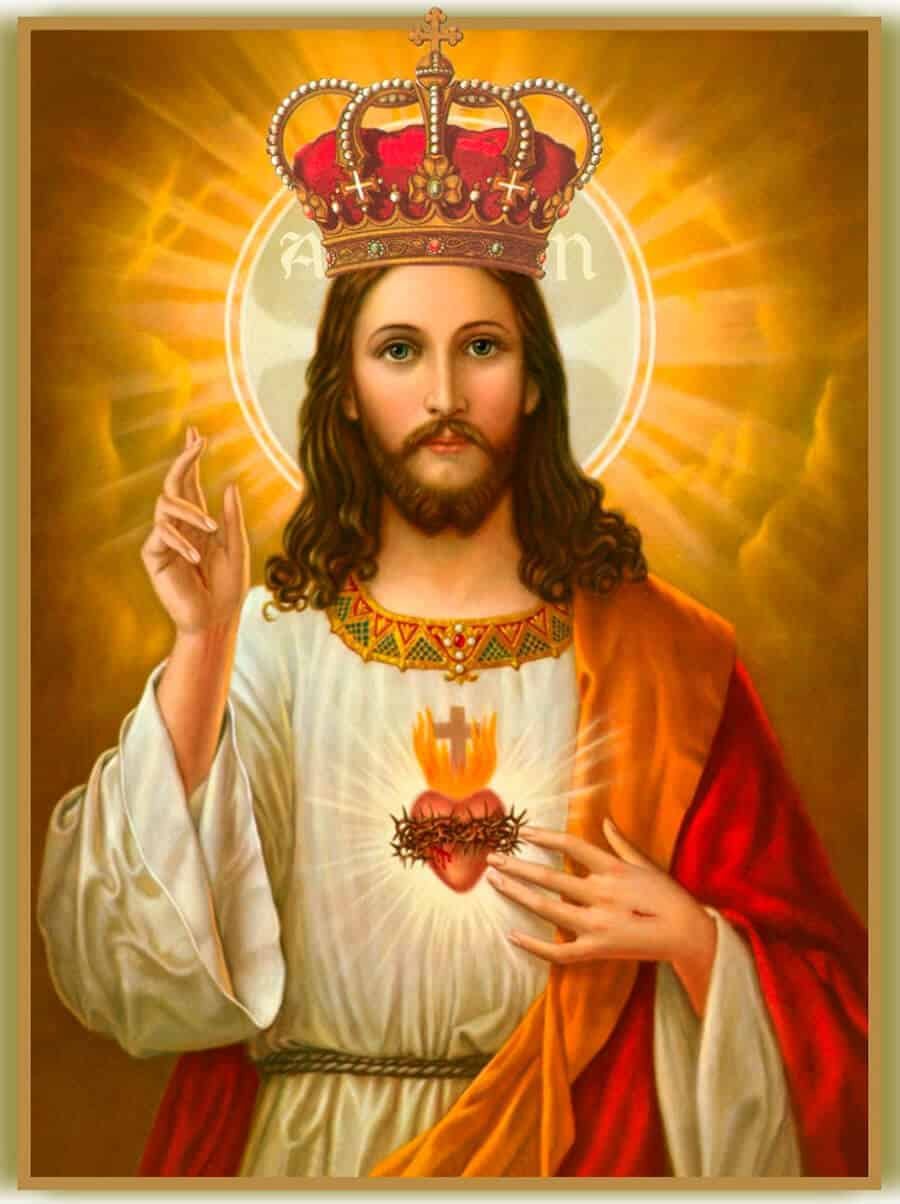When I was growing up, I would watch some of our neighbors put their Christmas trees on the curb every December 26. By New Year’s Day, more homes would dispose of their trees and the rest of their holiday decorations were soon taken down. When I would ask my mother when our family was going to follow suit, she always said that we kept our tree and decorations up until “Little Christmas.” As a kid, I was curious about this phrase. My mother explained that “Little Christmas” was another name for the twelfth day of Christmas, the traditional date for the feast of the Epiphany.
In many parts of the Catholic world, the feast of the Epiphany has already been celebrated. In the modern Catholic calendar, the feast can be transferred to the second Sunday after Christmas. This year Catholics in the United States celebrated the feast on January 2. Other parts of the world, however, continue to celebrate the Incarnation of Christ and the revelation of Jesus to the Gentiles (represented by the Magi) on the traditional date of January 6.
The sixth day of January has roots that go back to the Roman Empire and the early Church. Christians in the Eastern part of the Empire celebrated Christmas on January 6 while those in the West celebrated on December 25. Because of the different liturgical and civil calendars, some places refer to the feast of Epiphany as “Old Christmas.” In Ireland and other countries, the term “Little Christmas” became more common.
Over the centuries many countries and cultures have developed their own names and traditions to celebrate this day. In some parts of the Church – especially in Eastern Europe, Spain, Italy, and Latin America – the feast of the Epiphany has often been a bigger and more popular celebration than Christmas.
In Spain, the Three Kings bring toys to children on January 6, just as they brought gifts to the Baby Jesus. In many Latin American countries and cultures, children leave their shoes by the door to receive presents from the Magi.
(Click HERE for images of Epiphany celebrations in our Spanish-speaking parishes)
In Louisiana, “Kings Cakes” are baked on Epiphany and the season of “Mardi Gras” officially begins. In some homes and religious communities (including the Oblates), a cupcake or special dessert is served at dinner and the family or community member who finds a bean in the cake is named “king” or “queen” for the day.
Whatever the tradition, whatever the day, Epiphany is a special time to celebrate the light of Christ and the presence of God in our world.
In my life, I appreciate “Little Christmas” not only because of my Irish ancestry but also because of my Salesian heritage. In the Salesian tradition the emphasis on the ordinary and little virtues, finding the sacred in daily life and the universal call to holiness are all themes found in the story of the Magi and the Christ Child.
The Gospel tells us that after having encountered Jesus the Magi returned home another way (Matthew 2:12). May we return to our daily duties having been transformed by the message of Christmas and our own visit to the newborn king.
As the calendar and liturgy transition from Christmas to Ordinary Time, our Salesian spirituality leads us to see God in the everyday moments and the familiar, routines of life. For many people, today is just another “ordinary” day. It is a time for work, school, and other common activities. Why not take a little time today to see the sacred that surrounds us and the beauty and joy of the world? And as the classic song reminds us… “have yourself a merry little Christmas!”
Rev. Jack Kolodziej, OSFS
Director of Development
Wilmington-Philadelphia Province




























































































